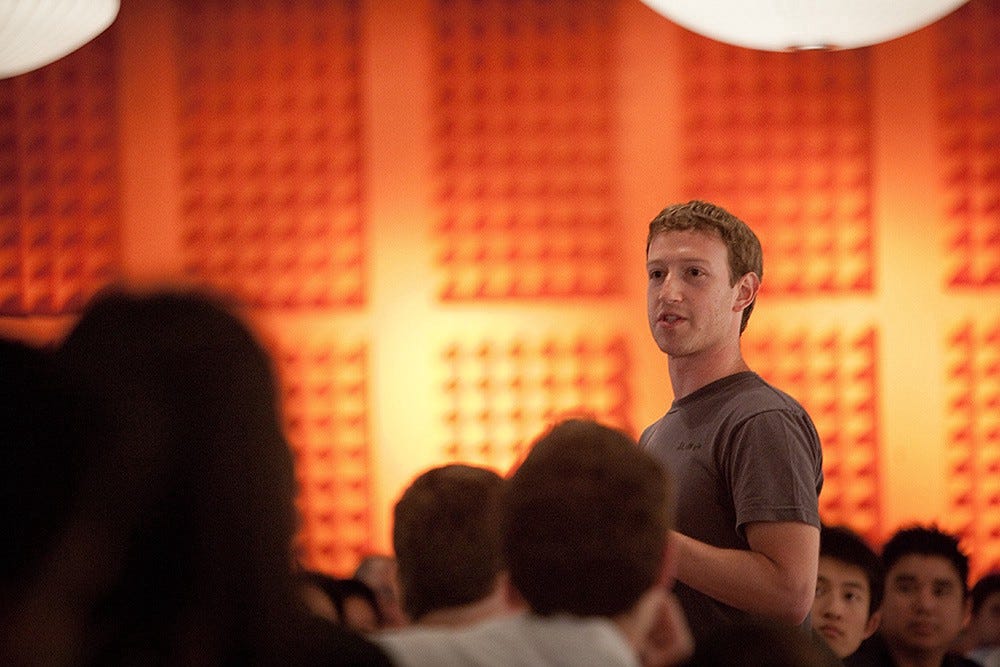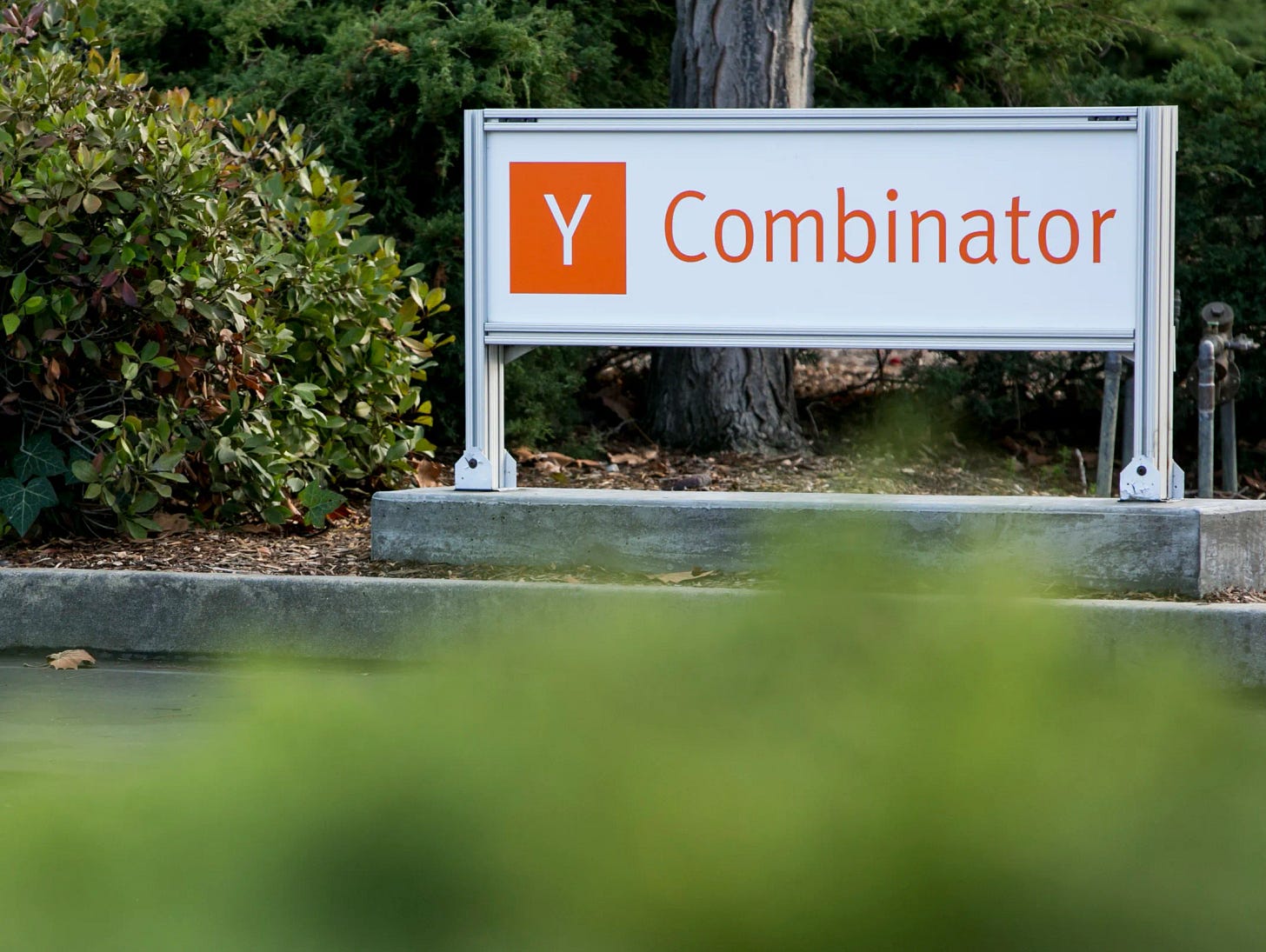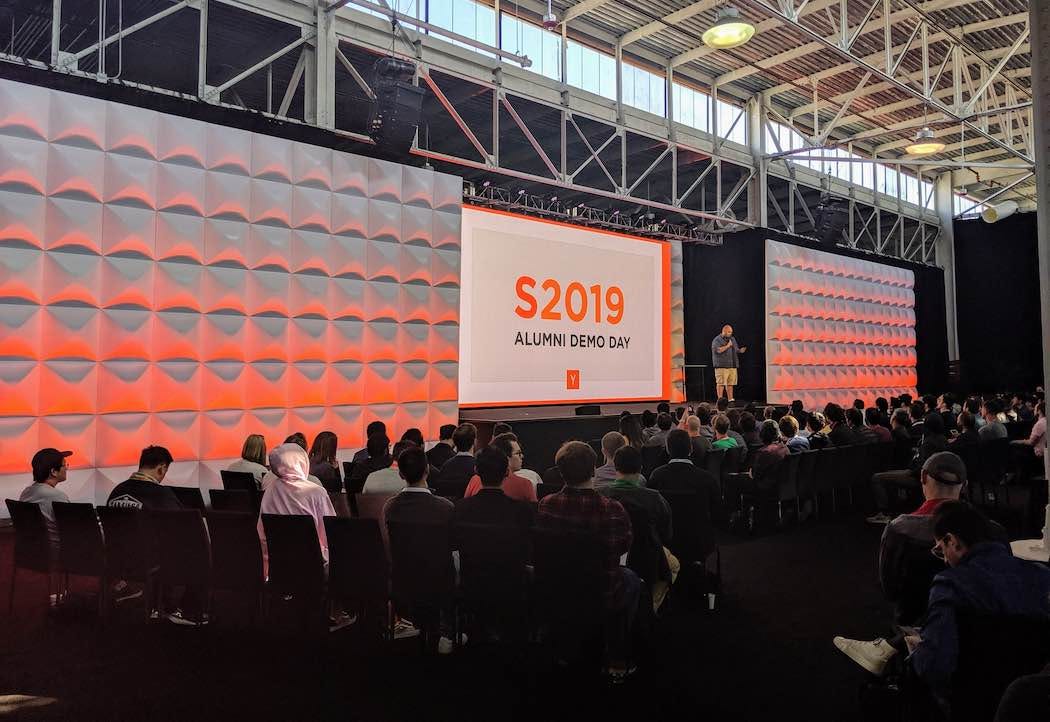What is Y Combinator, and why should you apply?
Follow the path of Airbnb, Stripe, Dropbox, and many more!
The elevator pitch.
Y Combinator, known as 'YC,' is one of the most popular and successful accelerators in the world based out of Silicon Valley. Their most famous investments are Airbnb, Stripe, Doordash, Dropbox, Coinbase, and 100s of successful companies with a cumulative market value of more than $600 Billion… yup… Billion.
What is an accelerator?
So, "what is an "accelerator?" you might be thinking. The program aims to accelerate the company's growth and get it into better shape for a future fundraising round. Yes, the goal is to raise money from seed investors. That's why the YC program ends with the famous Demo Day, where 100s of investors from all over the world come to one room and listen to you pitching your idea and convincing them to invest in your startup.
Make something people want - that's the YC mantra. Sounds simple, but like with everything else, the key is the execution. YC talks a lot about finding a problem and solving it with technology.
The deal.
YC introduced a new standard investment deal for all the companies participating in their batches, regardless of their stage. If accepted, you receive $500k as one payment before the program starts, and there are two basic documents to sign: first SAFE (simple agreement for future equity) of $125k is for 7% post-money valuation, and second SAFE of $375k is for most favored nation provision which basically means they are giving you the money now at a valuation you will negotiate with other investors later on.
The application.
Now, this is where the fun begins. The application is equal for everyone, and there are no secrets on how to crack it. It's not a standard test you must study for but rather a form of communication between you and YC. There are a lot of tutorials online or tips on what to put and what to avoid in the application but the source, YC, really talks about one thing - clarity. Just imagine, they read tens of thousands of applications twice a year, so they probably devote little than 2-3 minutes over yours. The easiest way to get their attention is to be overly simple with language. Don’t complicate it and get straight to the point. Of course, having impressive achievements like traction, revenue, a good amount of users, or a star team helps and is required, but how will they find out about it if they can't understand what your startup does? Answering questions in a clear and cohesive way is the first key step.
The next important part of the application is the founder video, a 60-second video where you introduce yourself and other co-founders if you have them. This is one of the few chances to stand out from others and just adds a bit of personality to the application. Then there is a demo of a product or service, which according to YC, boosts your chances of being accepted. The easiest way to convince someone that your idea is great is simply by showing them how it works.
The application process shouldn't take more than an hour or so to complete (maybe without the videos). That's it. Then a 10-minute interview (it really is just 10 minutes), and if selected, you sign a SAFE and should expect to have the money wired to you within a couple of days. Pretty simple and super fast.
What is happening behind the scenes?
So, you filled out the application, passed the interview process, and received the money in your newly opened bank account. What now?
At YC, everyone will tell you there is no secret sauce to achieving success. Yet, they have consistently produced numbers of successful startups year after year. So, there must be some magic after all.
That magic is described by two things: accountability and moving fast. Y Combinator emphasizes being accountable to yourself and doing things you said you would do. They say that surprisingly many founders/teams waste time and become sluggish with their to-dos, and great founders just check things off the list and keep track of everything.
When you are in the program, you have a good amount of resources at your disposal like office hours with YC partners, internal Slack with all the founders from current and previous batches, weekly talks with the most prominent Silicon Valley people, and the overall community of founders who lift each other up. But going through YC won't take more than a couple of hours a week. It's not a full-time program where you sit in a class and learn how to run startups. The number 1 priority is to actually build and learn from that, rather than vice versa.
The Demo Day.
Usually, when you ask a founder about fundraising, they will think of hours of sourcing investors, pitching, meetings, refining decks, basically having a full-time job on top of the full-time job they already have. With Demo Day, YC has turned the whole process upside down and made investors chase you. They believe you should be building your company out rather than spending countless hours on zoom calls and in coffee shops.
The Demo Day is usually a 2-day event where carefully selected investors have to RSVP to a special invitation they receive. It is not open to the public, so there are no random people inside, which is good for the founders. The event is always oversubscribed, which means there is always enough interest and money to be allocated to the batch.
Startup presentations are usually 60 seconds long. There are breaks in between so investors can freely talk to founders and exchange contacts. After the demo day, it usually takes around 2-4 weeks to provide additional information, receive term sheets, and finally close a seed round.
Why should you apply? - my reasons.
I will set aside the obvious: a $500k check at the earliest stage of your company, access to the most knowledgeable people in SV, increased chances of raising a seed round afterward (and premium valuation), and worldwide startup recognition.
I will give you a different "why," which, in my opinion, is equally valuable. Y Combinator is not only an accelerator but a way of thinking about an early-stage startup. They preach a certain way that is the most optimal path a technology startup could follow. In a way, it feels like a startup for startups ran by founders for founders.
If you look at their simple but thoughtful application, you will quickly realize that they are giving you a blueprint that you should turn into a checklist. What is your team? Is it skilled enough? What is your idea? What is your motivation? What is your company going to do? How are you going to do it? What is your business model? If you don't have it, what will it be?
I advise every founder to take the YC application, list all the questions, and try to ask them weekly. Monitor what answers changed and why. Be accountable to yourself, know your strengths, and know your weaknesses. Every business is different, so doing things differently shouldn't scare you. Still, you should be 100% aware of it and the fact that you are deviating from the optimal path. Running a startup is a process that often takes many years, and YC will give you the proper fundamentals to build a healthy and long-lasting business.
Use their (FREE) resources!
When you start a company, you will have many questions, and guess what? YC has the majority of the answers for you. It's probably the most important single place for startup resources currently online. The advice is often delivered by YC partners or successful founders and is grouped together and presented in a searchable way. I am attaching essential links below, where you will find a plethora of valuable knowledge. Take advantage of that.
Additionally, I would strongly recommend going through Startup School, their free 7-week program hosted over the summer that gives you a glimpse into what YC is all about. I have done it this summer and surely will devote one of the posts to covering my experiences.
That's it from me today! I hope you enjoyed this post and left with a much better understanding of Y Combinator and why you should always consider applying!
If you like what you read, it would mean the world to me if you shared this post with your friends. If you are posting about it on social media, tag me as I'd love to see it and give you my reaction!
- Adam Z.



